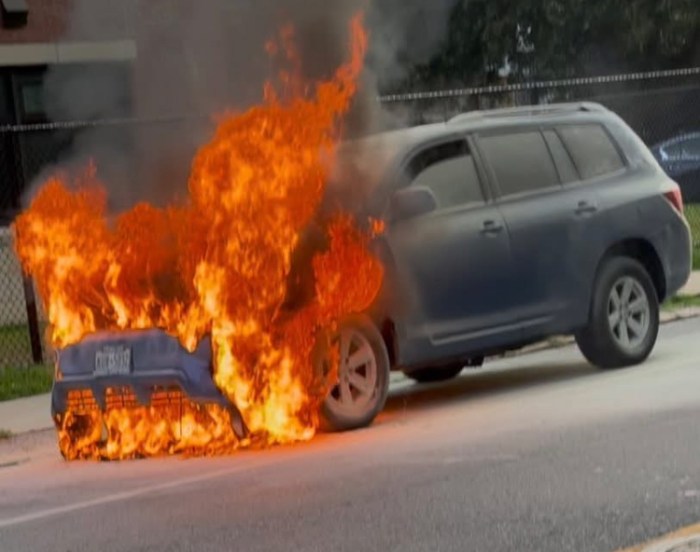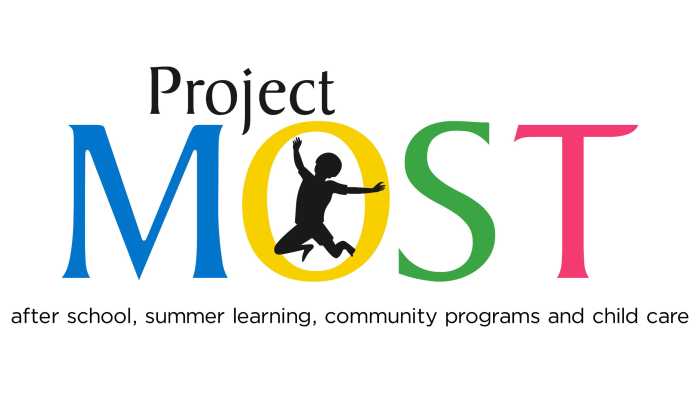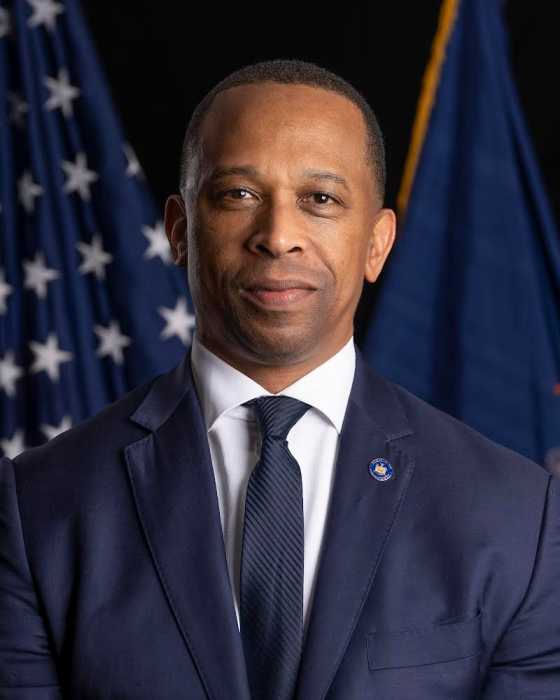The State of American Education
Poor Barry Goldwater— he just couldn’t catch a break. It was 1964 and Goldwater, running for president, was being pilloried for uttering this now famous, or infamous line, depending on one’s point of view: “Extremism in defense of liberty is no vice and moderation in pursuit of justice is no virtue.” It was a line given to him by Harry V. Jaffa, disciple of Leo Strauss, the influential political philosopher. But as soon as he said it, Goldwater owned it and it dogged him throughout the campaign as his opponents quoted it as proof that the Arizona senator was himself an extremist.
It was just one more thing Goldwater had to contend with. President Lyndon Johnson was using, to great effect, the martyrdom of John F. Kennedy to push through his Great Society agenda as a memorial to the recently slain president. Political commercials pounded the airwaves with the message that electing Goldwater was tantamount to inviting a nuclear holocaust.
Moreover, 6- and 7-year-old kids were caucusing at John Lewis Childs (JLCS) schoolyard devising ways to get our parents to vote for Lyndon Johnson. Hard to believe? I know it’s true because I was one of them. It was, you can say, my first campaign. We were a zealous group — call us the kindergarten brigade if you will but we meant business. What, by God, had aroused us little squirts to such political activism? The escalating war in Vietnam? Are you kidding? We never even heard of the place. As far as we knew the “Great Society” was being with Dorothy and company in the Land of Oz.
So what got into our craw? A rumor actually — but one that spread like an out-of-control forest fire. Gossip, no doubt disseminated by a Johnson operative, disguised as an upper-classman. Word had swept from one end of the schoolyard to the other that, if Goldwater were elected, children would be forced to attend school on Saturday. Talk about an issue that became a lightning rod. I’ve been in politics all my life, but I never saw an interest group mobilize so quickly and act with such energy and dispatch as we underage lobbyists at JLCS.
LBJ ended up winning with a plurality of 61.1 percent, the largest landslide in American history. Hey — don’t mess with us kids. Since then, I never found a shred of evidence that Goldwater ever proposed adding Saturdays to the school year although, in retrospect, it might not have been such a bad thing if he had.
The state of American education, especially in urban areas, needs this nation’s utmost attention. By the time they reach 18, the average American child will have spent just 9 percent of their hours (provided they have perfect attendance) in school. Moreover, instead of reading or doing homework on their off hours, American children spend a mind-boggling 7.5 hours per day surfing the Net, playing video games, watching TV and talking on cell phones. Meanwhile, educators in Asian countries, as well as Germany and France, take their pedagogical responsibilities far more seriously mandating, in some cases, that children receive twice as much instruction in core academic areas in secondary schools.
Test results repeatedly show that such steady application is paying dividends. American educators are not ignorant of these trends, but the infrastructure is so rooted to the teacher unions that to add extra hours will make an extraordinarily expensive system even more costly. The expense of not doing it, however, will surely be even greater if our education system is allowed to decline in comparison to other nations.
Clearly, the unions need to become more pliable by focusing more on obtaining good teachers and less on creating a labyrinth of administrators, benefits and panoply of extracurricular entertainments that add costs without adding knowledge. Disadvantaged children are especially in need of better schooling that longer hours, including summer attendance, can provide. In life, advantages tend to compound and so do disadvantages. Children of educated parents, living in affluent suburbs can commandeer enormous resources that serve as a springboard to productive and lucrative careers, while their more indigent peers are bereft of such opportunities.
A democratic republic, such as the U.S., demands a free public school system since government of the people, by its very essence, presupposes an educated constituency. Horace Mann, the father of public education, believed that if education was taxpayer funded, had highly trained teachers and a secular curriculum, then every child regardless of social, religious and ethnic background could overcome poverty (widespread in the mid-19th century), as well as serve as an ideal venue to help diversified populations assimilate into society. Because of Mann’s efforts, the first compulsory attendance law was enacted in 1852, although it did not become compulsory in all states until 1918.
Horace Mann got many things right but was wrong in believing a centrally planned state education superior to all others. One hundred sixty years of experience has shown this is clearly not the case. Like the free market, education should be subject to rewards and consequences based on how well schools perform. Today, public education is failing thousands of mostly underprivileged students, frequently more concerned about their physical safety than school performance, and who, as a result, will be consigned to a lower standard of living. Unfortunately, too many elected officials are too dependent on the money and votes of the powerful education lobby to do much about it.
Several decades ago, Kenneth B. Clark, an African American educator and psychologist analyzed the situation perfectly: What is most important in understanding the ability of the educational establishment to resist change is the fact that public school systems are protected public monopolies with only minimal competition from private and parochial schools…nor dare the critics question the relevance of the criteria to producing a literate and informed public to carry on the business of democracy — and to the goal of producing human beings with social sensitivity and dignity and creativity and a respect for the humanity of others. A monopoly need not genuinely concern itself with these matters. As long as the school system can be assured of state aid and federal aid without accountability, it would be wishful thinking to expect any significant increase in the efficiency of our public schools.
More than 40 years after this was written, I wouldn’t change one word in that masterly summation. What I would change is the way we educate our children. More school time, focusing on providing students better teachers and creating, instead of just talking about, a voucher system that would empower parents in the lower income groups to have the same choices as wealthier parents. How this would work is quite simple: Right now, it costs X dollars to send a child to public school. If you withdraw your child from that school and send them to private school, you will save the taxpayer X dollars per year — but you get no part of that saving except as it is passed on to all taxpayers, a negligible amount.
Under the voucher plan, however, if you relieve the government of the expense of schooling your child you will be given a voucher, which is redeemable for a designated sum of money if it is used to pay the cost of schooling your child at an approved school, either public or private. This is the same principle that governed educational expenses under the GI Bill. The veteran got a designated amount and was free to choose any school that met government standards.
Moreover, since vouchers will go to parents and not schools, it should satisfy any constitutional challenges regarding separation of church and state. There are certain kinks that would need to be ironed out but competition, with governmental oversight, will find resourceful ways to overcome these difficulties while giving parents that all-important choice. One caveat: once the system is established, keep the politicians’ poisonous paws off so these safe havens (like some of today’s charter schools) do not become a playground for political patronage. In short, there is no better way than vouchers to level the playing field, strengthen our freedom and provide educational opportunity.

































